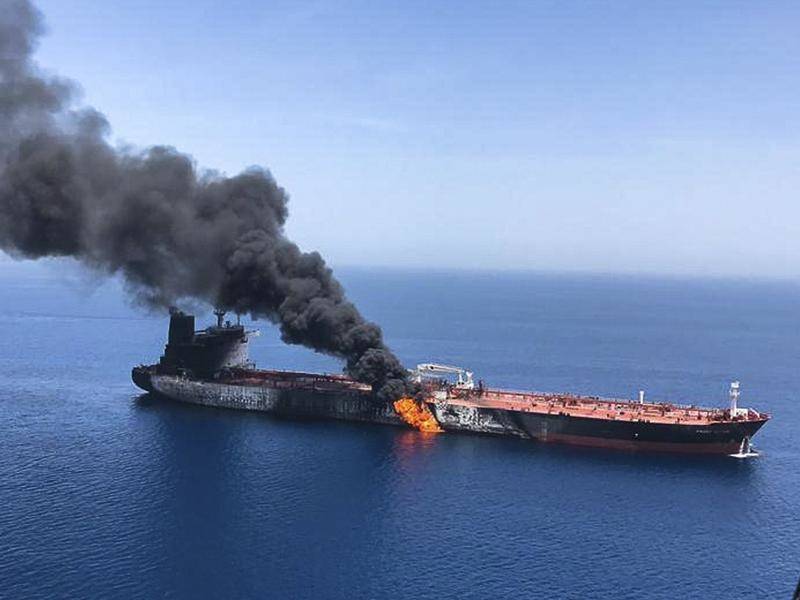The government’s decision to join a US-led coalition protecting shipping from Iranian interference has prompted some measured concern.
On one hand, the ADF deployment is largely symbolic. A single P8-A Poseidon for 30 days, eventually followed by a frigate and a logistics team under Operation Manitou, is essentially a political flag-lending exercise involving assets that may have been headed to the Middle East anyway.
On the other hand, a number of commentators argue that the deployment distracts from more pressing issues in the Indo-Pacific, undermines the credibility of the rules-based order, risks another military quagmire, highlights our poor fuel supplies and endorses the US ‘maximum pressure’ campaign on Iran that so far seems to have created more problems than it has solved.
Yet perhaps there is more we should be concerned about. If things go south, Iran could plausibly start winning from the opening salvo of battle.
To understand how, we need to start by questioning a common assumption – whether knowledge is actually power. In reality, humans use far less information to make decisions than we might think and even make better decisions as a result.
The US military once learnt this the hard way. In 2002, the Pentagon ran a massive war-game called ‘Millennium Challenge’ that almost exactly simulated what is now panning out in the Persian Gulf – the deployment of naval assets to thwart a rogue Middle Eastern state. The friendly Blue Team were provided with ‘dominant battlespace knowledge’ from an array of sensors and analytics, whilst the opposing Red Team were modelled on the Iranian military.
Yet in the game’s opening ten minutes, the Red Team, led by Vietnam veteran Lieutenant General Paul Van Riper, overwhelmed the US Navy’s Aegis systems with swarms of explosive-laden speedboats and missiles and sank 19 ships, including an aircraft carrier, with a simulated loss of 20,000 American lives.
Read more by Ewen Levick in the Australian Defence Magazine (ADM).

